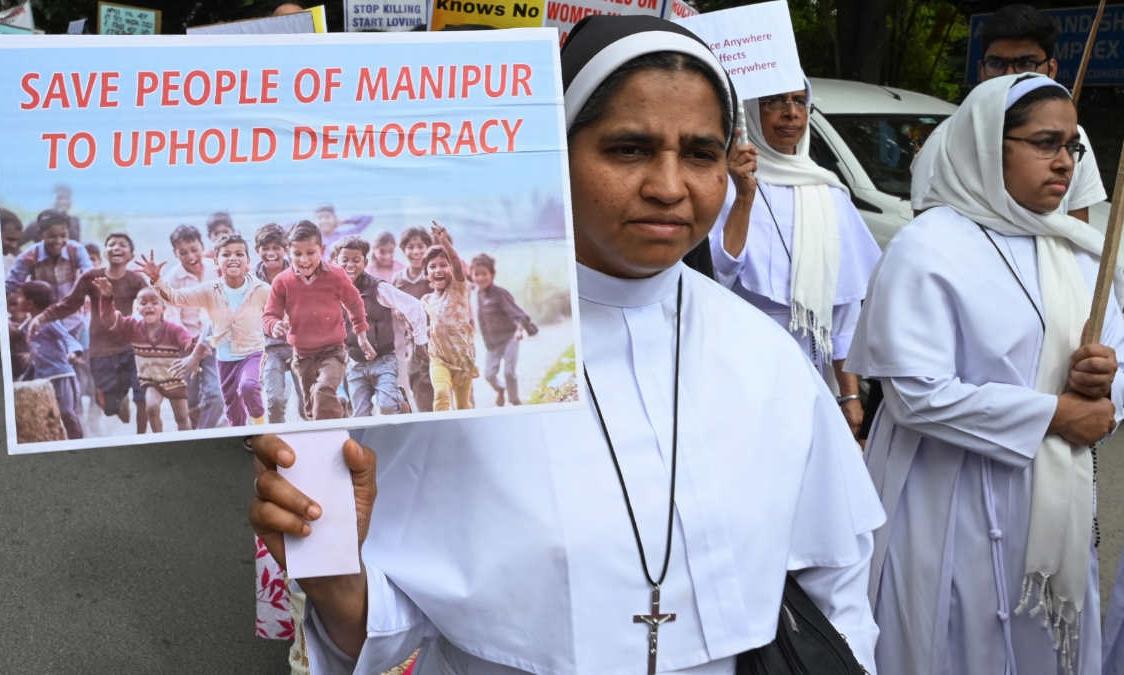
Religious minority repression: US panel recommends to put India ‘Country of Particular Concern’
text_fieldsThe United States Commission on International Religious Freedom (USCIRF) voiced profound apprehensions about India's purported transnational repression against religious minorities.
The panel, an independent American government agency monitoring global freedom of religion, specifically highlighted concerns surrounding the killing of Sikh separatist Hardeep Singh Nijjar and an alleged plot to assassinate another Sikh separatist, Gurpatwant Singh Pannun.
The USCIRF's statement emphasized the gravity of the situation, urging the US Department of State to designate India as a "Country of Particular Concern." While the recommendations are not binding, the commission has consistently advocated for this designation in its annual reports since 2020.
Stephen Schneck, the commissioner of the USCIRF, expressed deep concern over the alleged involvement of the Indian government in the killing of Hardeep Singh Nijjar in Canada and the plot against Gurpatwant Singh Pannun in the United States.
Schneck described these incidents as a severe escalation of India's efforts to silence religious minorities and human rights defenders, both domestically and abroad.
Nijjar, a supporter of Khalistan—an independent Sikh nation sought by certain groups—was killed by masked gunmen on June 18 near Vancouver.
Canadian Prime Minister Justin Trudeau, addressing the parliament on September 18, stated that intelligence agencies were actively pursuing credible allegations linking agents of the Indian government to Nijjar's killing. India swiftly rejected Trudeau's claims as "absurd and motivated."
Further intensifying the controversy, on November 29, the United States Attorney’s Office, Southern District of New York, announced "murder-for-hire charges" against an Indian national named Nikhil Gupta.
The charges were related to his alleged participation in a thwarted plot to assassinate a Sikh separatist leader. While the statement did not name the leader, a report in the Financial Times on November 23 identified him as Gurpatwant Singh Pannun.
In response to these allegations, India asserted that it has formed a high-level inquiry committee to examine the inputs from the United States. The move reflects India's commitment to investigating the matter thoroughly.
On the same day, all five Indian-American members of the United States House of Representatives—Ami Bera, Pramila Jayapal, Ro Khanna, Raja Krishnamoorthi, and Shri Thanedar—issued a joint statement expressing deep concern over the allegations made against Nikhil Gupta.
They emphasized the importance of the safety and well-being of their constituents, welcoming the Indian government's announcement of a Committee of Enquiry to investigate the murder plot.
The members of Congress stressed the need for a comprehensive investigation, holding those responsible accountable, including Indian government officials, and providing assurances that such incidents will not occur in the future.























